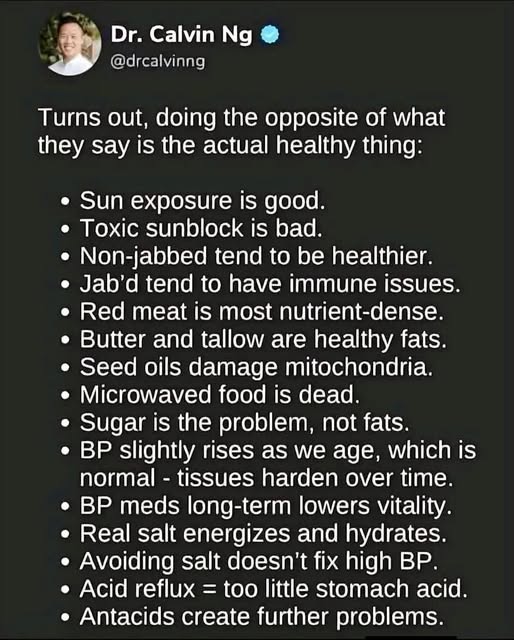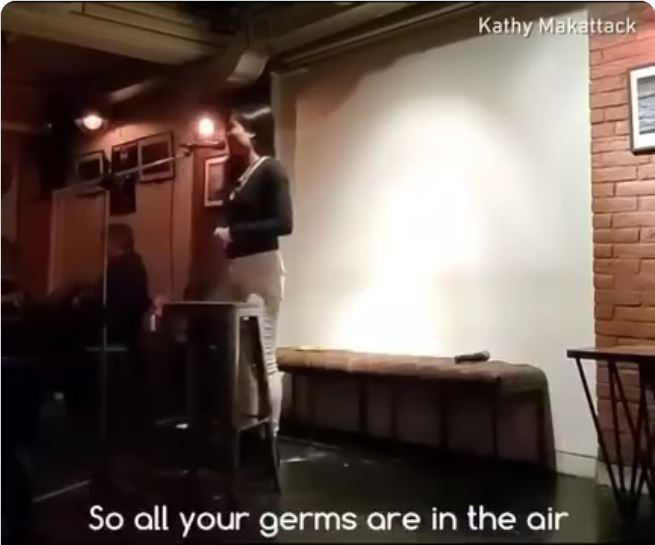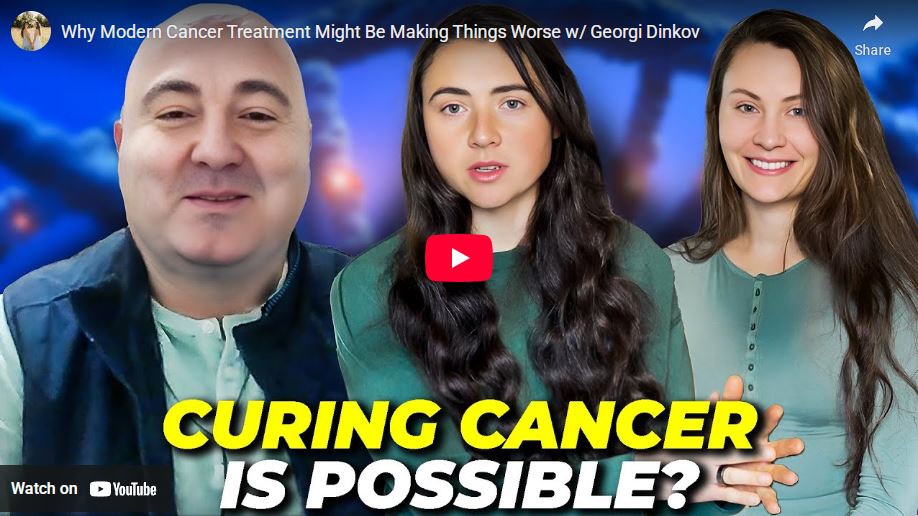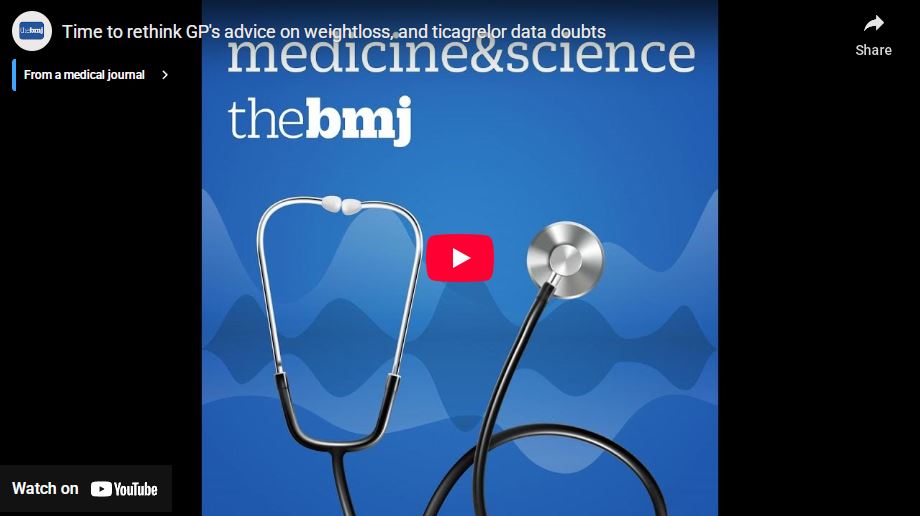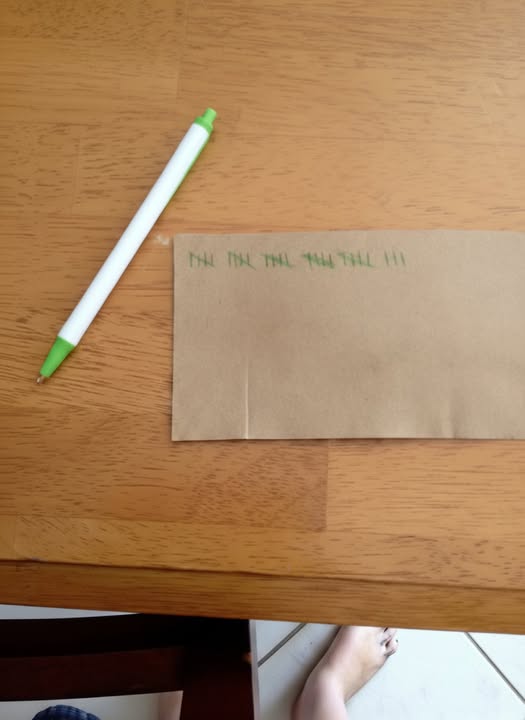The first thing I told my grandson’s class was that I helped a man die before I was old enough to buy a beer.
The whole room just… stopped. Not that loud, shocked quiet. The other kind. The one where you can suddenly hear the hum of the cheap fluorescent lights.
I’m seventy-six. My left knee clicks like a typewriter when I stand up, and my voice has more gravel than a country road. But that day, in my grandson Alex’s stuffy high school classroom, I saw something on those kids’ faces I hadn’t seen in a long time.
It wasn’t just curiosity. It was focus.
The teacher had invited me for “Living History Day.” A nice idea. My grandson Alex said last year they had a woman who’d marched with Dr. King. This year, they got me. Alex said they usually get software coders or someone who went “viral” on TikTok. They don’t usually get a guy with a piece of shrapnel still floating in his hip.
So there I was, standing in an old field jacket that’s been too tight since the Clinton administration, feeling a lump in my throat the size of a ration biscuit.
I didn’t bring any notes. You don’t need notes to talk about hell.
I told them about boot camp at Parris Island in ’68. How they shaved our heads until we were all just scared, angry ghosts in the same green uniform. How the South Carolina humidity felt like a hot, wet towel you could never take off, and the Drill Instructor peeled the civilian right off your bones.
I told them about the flight to Da Nang. The smell of jet fuel and stale sweat, and the feeling in your gut when the wheels hit the tarmac. I told them the first time I saw a man killed, he didn’t scream like in the movies. He just made a soft sound, like a sigh, and was gone.
I didn’t give them the gore. But I didn’t sugarcoat it, either.
Then I told them what mattered.
I told them I didn’t go to Vietnam because I understood the politics. I went because the draft board sent me a letter. I stayed because of the kid next to me. Because we made a pact to get each other home, even if only one of us was walking.
I told them about “Ski.” His real name was Mike Petrowski, from the South Side of Chicago. Always talking about the Cubs. He was supposed to go to college, but his dad lost his job at the steel mill. He took a piece of shrapnel from an IED that was meant for the trail in front of us. One minute he was complaining about the heat and his new boots, and the next… I was grabbing for a field dressing that I knew wouldn’t do any good.
I saw a girl in the back, one with bright blue hair, pull her sleeve over her eyes.
Then, I told them about coming home.
About landing in San Francisco and a college girl, not much older than them, spitting on my uniform. About how my own mom cried, but my dad just grabbed my duffel bag and said, “Well, that’s done. Best not to talk about it, Frank. People are… divided.“
I told them how the silence back home was deafening. How I couldn’t sleep in a soft bed for months because the quiet felt more dangerous than the jungle. How I drank a bit too much whiskey and yelled a bit too loud.
But I also told them this:
The Marine Corps didn’t just teach me how to clean a rifle. It taught me how to show up. It taught me how to carry my own pack, and someone else’s when they were stumbling. It taught me humility—that you’re not special, but what you do can be. I learned that life isn’t fair, and you don’t get to quit just because you’re tired or scared.
A boy in the back with his hood up asked the question. “Was it worth it? Would you… do it again?“
I looked at him. “I’d never wish for a war,” I said. “But I’m not sorry for who it made me. It made me a man. A flawed one, sure. But one who learned what it means to care about something more than just yourself.”
The bell rang, but nobody moved. It was so quiet, the teacher had to clear his throat and remind them to get to their next class.
As they filed out, one of the kids, the quiet one who always sat in the corner, slipped a folded piece of notebook paper into my hand.
I opened it in the car. Five words, scrawled in blue ink:
“Thank you for being real.”
That night, Alex gave me a hug that nearly cracked a rib. He said, “Grandpa, nobody even looked at their phone. Not once.”
I sat on my porch for a long time after that, watching the cars go by. For forty years, I kept my mouth shut. Thought no one wanted to hear it. Thought they’d just see a broken old relic.
But maybe I was wrong. Maybe this country, with all its shouting and all its noise, is finally ready to just… listen.
Because some stories don’t need a filter or a hashtag. They just need someone old enough to remember the truth, and someone young enough to finally hear it.

